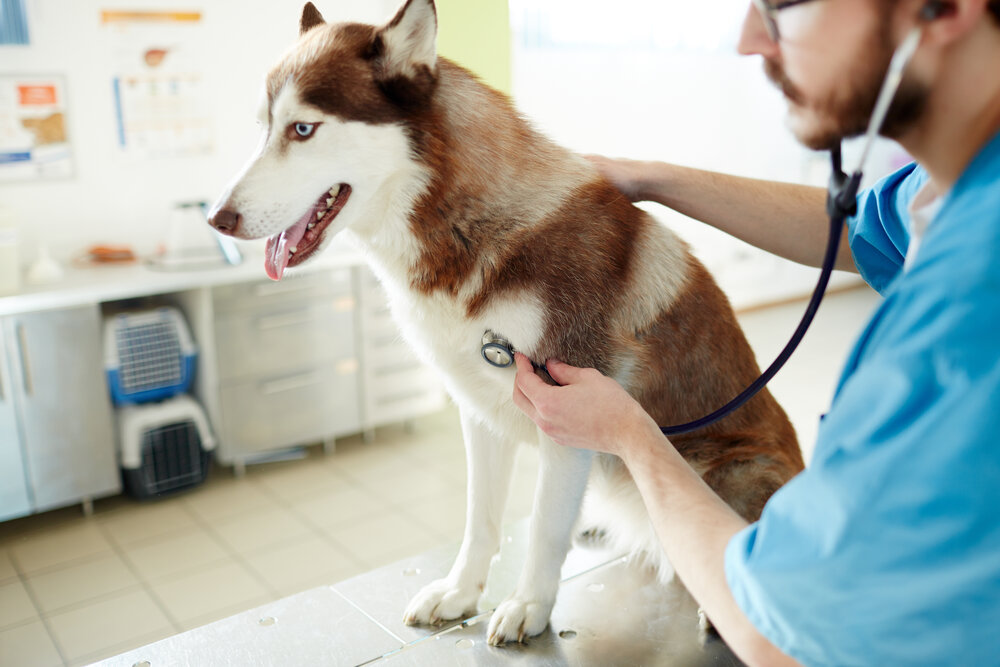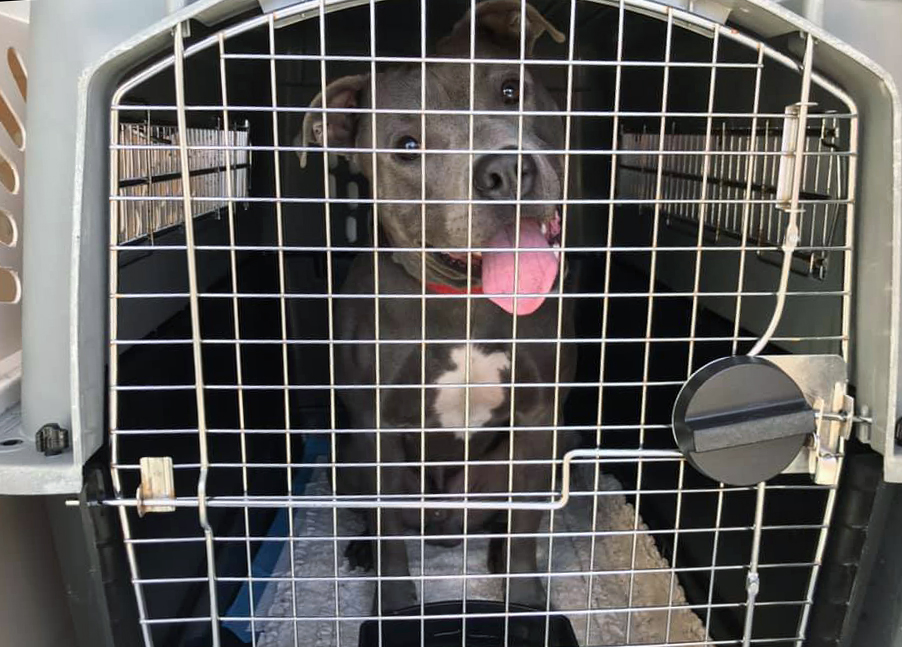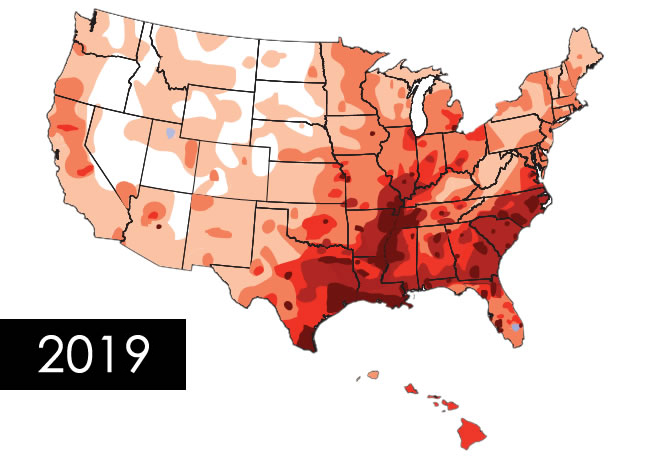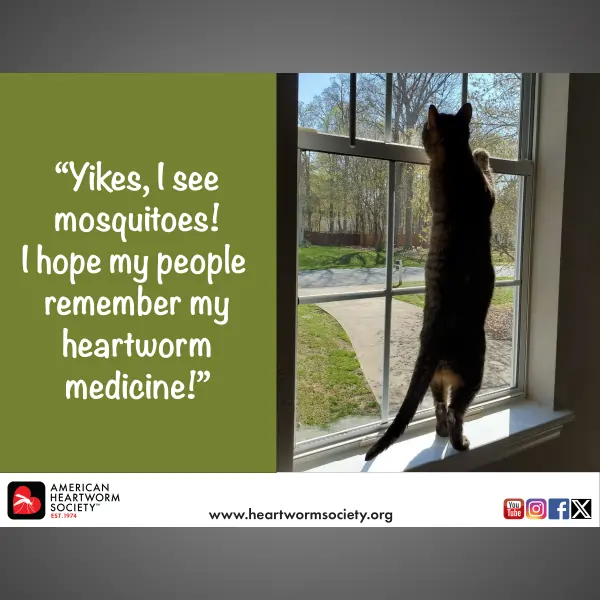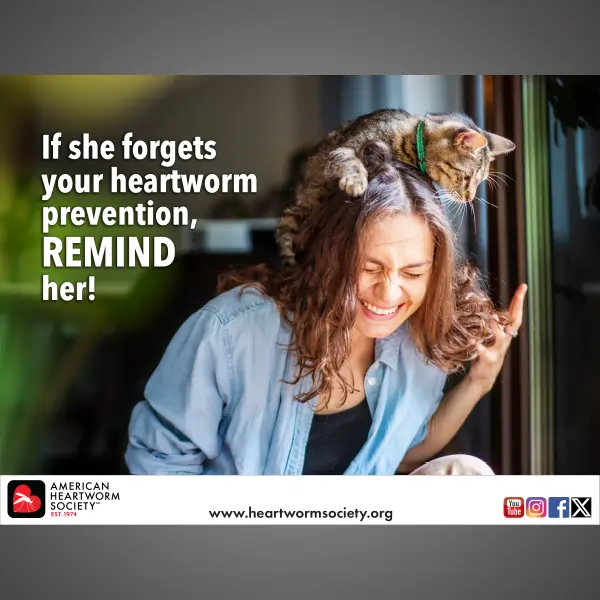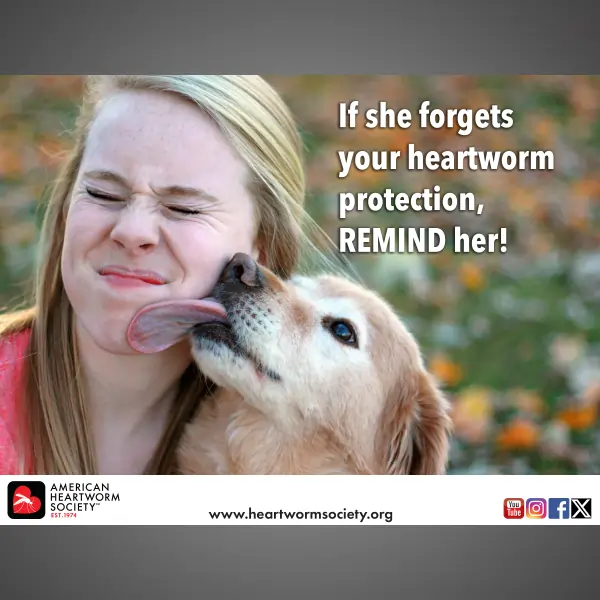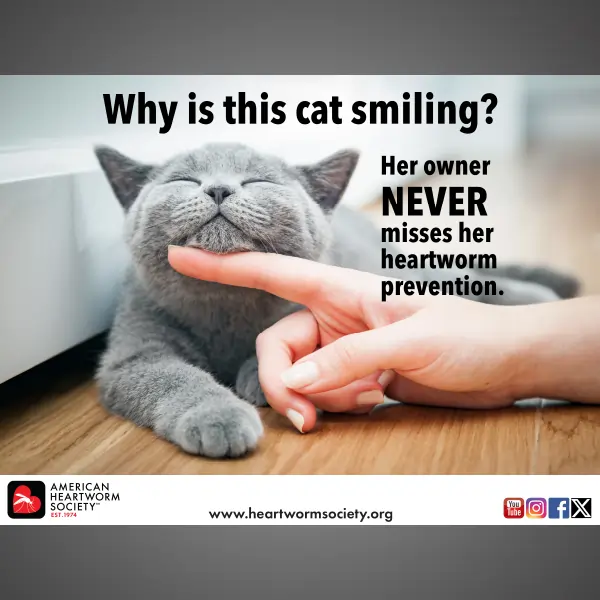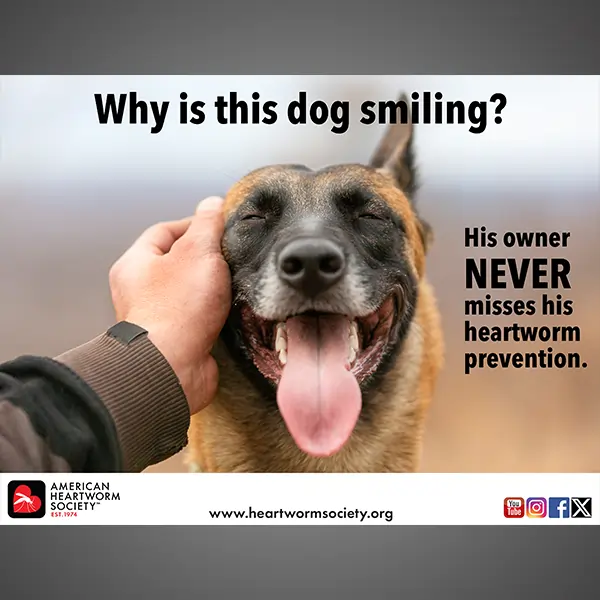In a perfect world, any dog diagnosed with heartworms would undergo treatment and recovery prior to travel with their owner or, in the case of shelter dogs, being transported for adoption purposes.
But in a world fraught with a pandemic, hurricanes, and wildfires, delaying travel isn’t always possible for heartworm-positive dogs, especially for rescue dogs in need of rehoming.
That’s why the American Heartworm Society (AHS) and the Association of Shelter Veterinarians (ASV) have issued updated joint recommendations to safeguard the health of heartworm-positive dogs while ensuring that infected animals don’t become vectors for heartworm transmission.




